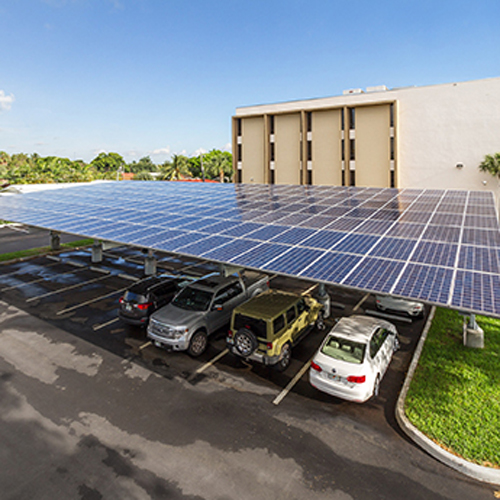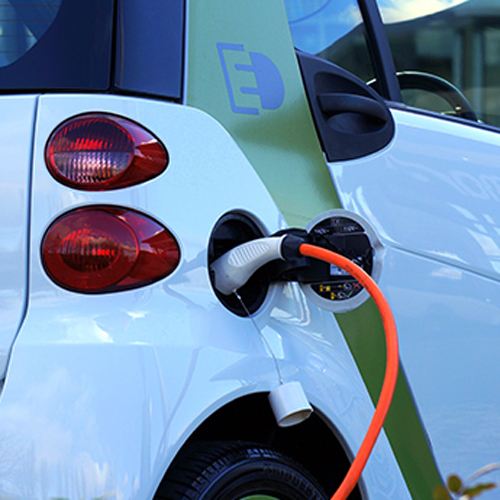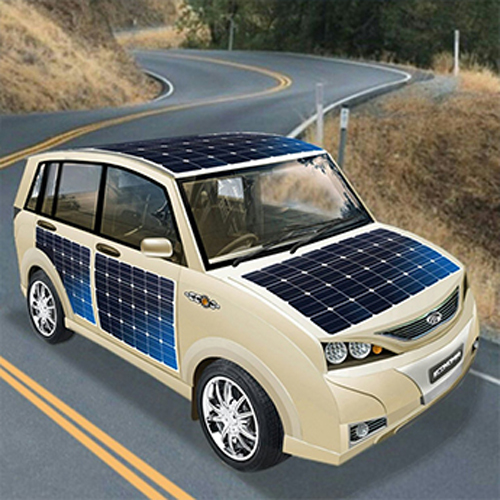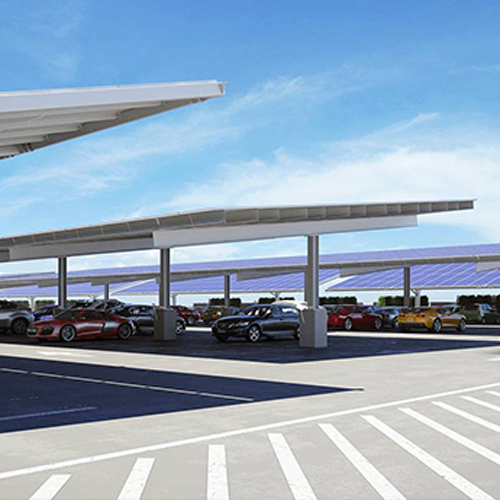Solar Charger Controller
Are you looking for solar charge controller?
Solar Charge Controller Price Genus MPPT
Are you looking for a clean, efficient and non-stop solution to power your place? Does under-charging and overcharging worry you? Put all the worries aside now!
We, at Genus, have the perfect solution for you. It’s our MPPT solar charge controller.
The Genus MPPT solar charge controller has an advanced feature that can enable an off-grid solar power system as well as a standalone solar power generation system to operate at the optimum voltage for the maximum power output.
The Genus MPPT solar charge controller, which is a recent model, is microprocessor-controlled and adjusts the output that goes to the battery. This feature ensures that the controller increases your solar panel efficiency. In turn, the amount of energy generated can be between 15-30% more than other types of solar charge controllers, such as PMW solar charge controller. This makes the solar charge controller price completely worth it.
In the PMW solar charge controller, panel voltage must drop to match the battery voltage; thus, efficiency suffers. With our MPPT solar charge controller, the panel operates at the maximum power point. Therefore, efficiency is a lot higher.
So, if you decide to buy the Genus MPPT solar charge controller, you can let go of all the worries about light, temperature and battery voltage, throughout the day.
Be it for street or home lighting, parking station, or e-charging station, our solar charge controller is the best of its kind. Moreover, if you decide to buy our product, you will join hundreds of satisfied customers we have served till date.
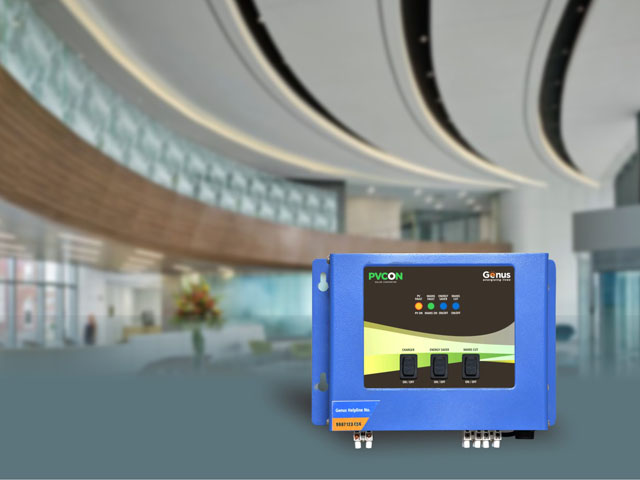
PVCON
Genus PVCON 12/24V 40Amp Solar Charge Controller and Solar Converter 2 in 1, Solar Management Unit
₹ 3499
PVCON is an intelligent device which converts your normal inverter into a solar Inverter. It can be connected with any type of inverter, be it a square wave or sine wave.
PVCON intelligently switches from mains supply to inverter mode after assessing the charging state of batteries. It gives priority to solar power and intelligently decides when to charge your inverter from solar or the grid. If solar is available, your inverter will charge its batteries with solar power and automatically start charging from mains in absence of the sun.
Features
FAQs
- How do solar charge controllers work?
- How do I test my solar charge controller?
- How long do solar charge controllers last?
- How do I know if my charge controller is working?
- What does a solar controller do?
- How many solar panels can I connect to a charge controller?
- How big of a charge controller do I need?
- How to select a solar charge controller?
- What are the two types of solar charge controller?
- What does “rated voltage “mean in the context of solar charge controller?
- What does ‘full charge cut-off’ mean in the context of solar charge controller?
- What does ‘reconnect voltage’ mean in the context of solar charge controller?
An MPPT solar charge controller tracks the output of the solar array, no matter what the weather or time of the day is, thereby adjusting itself to maximize the output. As a result, the solar panel’s efficiency is greater, and the amount of energy generated is 30% more than the PMW solar charge controller
You can test the solar charge controller with a multimeter. You will need to measure the entire system, from the solar battery and solar charge controller to the solar panel. You can do this by disconnecting the solar panel and measuring the voltage under the sunlight. Examine the output voltage by measuring the terminal output voltage of a charge controller. Then, measure the battery voltage.
A charge controller has a lifespan ranging from 5- 15 years. Factors such as brands and the system environment also matter. Also, the type of charge controller might affect the performance. For example, a less expensive PMW solar charge controller comes at the expense of the solar panels’ performance. At Genus Innovation, we offer affordable MPPT solar charge controllers equipped with ASIC technology.
By using a multimeter, you can test if your solar charge controller is working or not. Test the output voltage using a multimeter and observe the charge controller’s LCD screen and LED indicator. You will get to know about the output voltage. If the output voltage becomes very low or absent, the controller is not working properly.
A solar charge controller is a device that prevents solar panel arrays from overcharging and over-discharging. This prevents the passage of reverse current through solar modules at night and provides information about the batteries’ state of charge. However, power management is the main job of a solar charge controller. So, if you are looking for the latest solar charge controller model for your home, office, charging station or parking lot, Genus offers the right kind.
You can connect multiple solar panels, but the maximum input power your battery management system can handle should be taken into consideration. For example, the maximum solar input rating of your battery management system is 500W. And panels are rated at 105W and 200W, for a total of 305W. So, that’s within an allowable range. For more assistance, our power sector experts shall take you through each step.
The MPPT charge controller size can be matched to the solar size using the power formula:
Power = Voltage x Current, where P is the power in watts, V is the voltage, and Current (I) is in Ampere.
When rearranged, it becomes:
Current = Power / Voltage
For example: if we have 2 x 400W solar panels and a 24V battery, then the maximum current = 800W/24V =33Amps. So, you could use either a 30A or 35A MPPT solar charge controller.
Factors such as temperature and open-circuit voltages are taken into consideration, but here are a few things you need to know-
- The wattage of the solar array
- The battery-bank voltage (12, 24, or 48).
- Now, the Ohm’s Law comes into play: Current (Amps) x Voltage (Volts) = Power (Watts).
And then, make the calculation and figure out the maximum solar array wattage that can go into the controller.
For example- 80 amp controller x 48 volt battery bank = 3,840 watts of solar panels.
Next, you must ensure that it does not exceed the input voltage the controller can take.
The two types of solar charge controller are as follows-
- PWM (pulse width modulated)
- Maximum power point tracking (MPPT)
In MPPT solar charge controllers, the current drawn out of the panel is at the panel’s maximum power voltage; thus, they produce 10-30% more power than a PWM controller.
The battery voltage that a solar charge controller is designed to work with is the rated voltage.
For example, for a 12 V solar charge controller, you can use one 12 V battery or two 6 V batteries in series. The same thing works for a 24 V or 48 V solar charge controller – either you use a single battery or multiple batteries in series.
Full charge cut-off voltage is the voltage to which a battery has to be charged. At full charge cut-off voltage, battery charging stops. You can set the full-charge cut-off upon reading the battery specifications. Or, our power sector experts should be able to help you out in case you feel stuck with the technicalities.
The voltage at which the solar charge controller allows the battery to be discharged again is the reconnect voltage. When the low voltage cut-off is reached, the battery stops discharging and starts charging again, leading to an increase in its terminal voltage.
Queries regarding solar charge controller?
Applications
